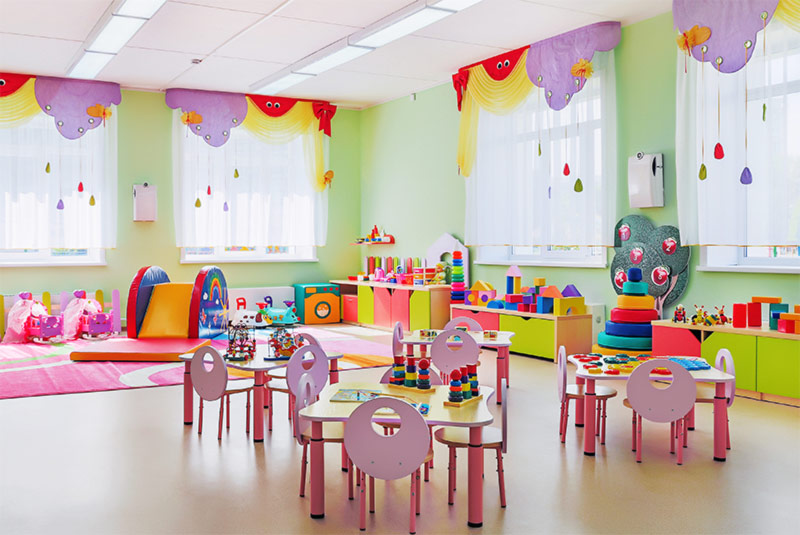
20/11/2016 Devices vs. Homework
A recent study found a direct correlation between the amount of time teens spend watching tv, playing video games, or playing on other devices directly affects their ability to complete their homework. Now, this is not exactly surprising but worth mentioning since it is affecting many of our young students.
The study showed that children who spend two to four hours a day using digital devices outside of schoolwork had 23 percent lower odds of always or usually finishing their homework, compared to children who spent less than two hours consuming digital media. For every additional two hours of combined digital media use per day, there was a significant decrease in the odds of completing homework.
For the study, pediatricians from Brown University School of Public Health analyzed children’s use of digital media to better understand how it relates to children’s overall well-being. “Well-being” is measured by behaviors and characteristics including diligence, initiative, task completion, and interpersonal relationships.
A similar relationship was found between digital media exposure and four other measures of a flourishing childhood: caring about doing well in school, completing tasks, showing interest in learning new things, and staying calm when faced with challenges. The trends all remained significant regardless of the gender, age, or family income level.
Prior studies have shown a wide variety of negative health and behavioral consequences of digital media exposure. This study adds to what is already known by showing that digital media exposure is associated with decreased measures of the overall well-being of children.
We share this information so that our parents can make educated decisions when determining screen time guidelines for their family.

